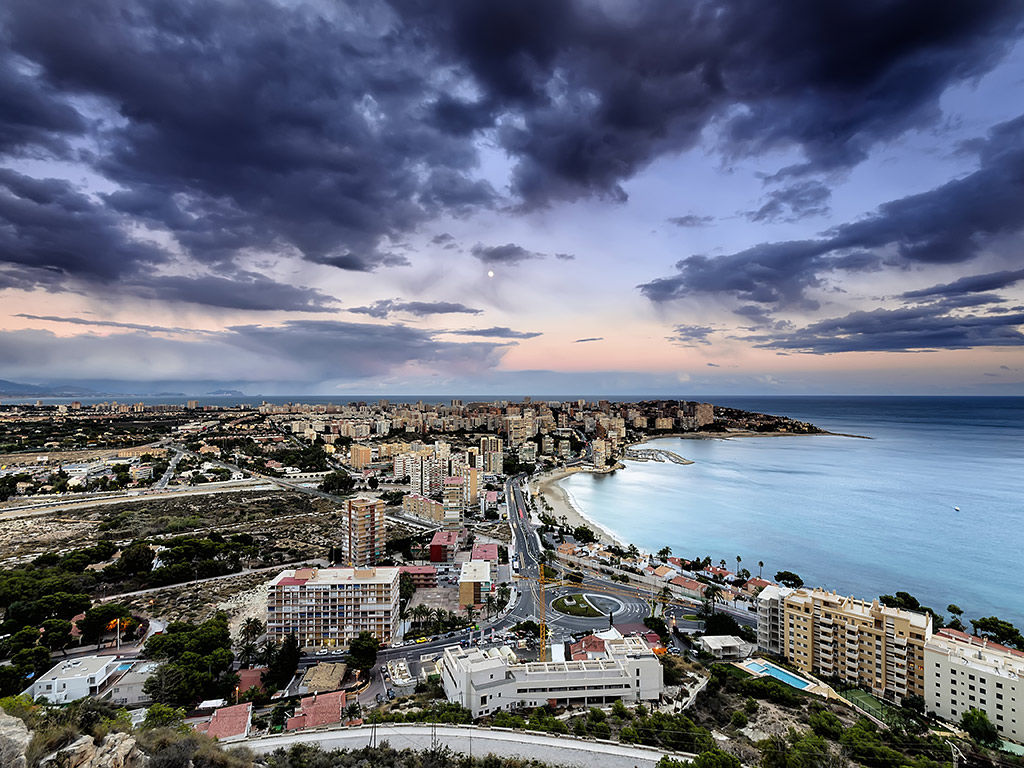Early signs are pointing to a bumper 2014 for the Spanish market, where agents are reporting a busy start to the year and an increasing number of new developments.
A joint report by PriceWaterhouseCoopers (PwC) and the Urban Land Institute (ULI) says that by autumn 2013, Spain had transformed from “property pariah to star market”, with the revival expected to continue in the same vein in 2014. Encouraging stats also show developers have the confidence to build again. Alicante province, home to the Costa Blanca, finished 2013 with 2,037 new houses being constructed – a 362 percent increase compared to 2012, back to pre-crisis levels.
Meanwhile, the latest Overseas Guides Company Quarterly Index shows that interest in buying property in Spain increased by 37.8 per cent year-on-year in 2013. The exchange rate has played a part in this revival. In the third quarter of last year there was a dramatic jump in the strength of the pound, from £1/€1.141 at the end of July (its lowest point in the year) to over £1/€1.19 by the end of September – just after people returned from summer holidays, inspired by what they saw in foreign estate agents’ windows.
This difference made a typical €100,000 property £3,500 cheaper to a British buyer, and things have improved even further since, with the exchange rate hovering around £1/€1.20 at the start of March. Alongside the confidence-boosting effects of a buoyant UK market, cheap euro mortgages, and incredible finance deals available from foreign developers and banks, it’s easy to see where the desire to buy in Spain is coming from.
Buyers need to combine being quick with both caution and patience with the Spanish banks
In Spain, repossessions remain a popular sector of the market, with unoccupied new properties being offered at discounted prices either direct by banks, keen to offload stock, or agents representing banks. However, buyers need to keep their wits about them when viewing a repossessed property and be aware that taking this route is not always the simplest way to purchase a Spanish home.
The sales process for repossessions differs from bank to bank, and the completion process can take around two months, due to the large amount of paperwork and need for approval at different levels. When it comes to price, banks are rarely open to offers on a repossessed home – they will, after all, have a debt to cover on each repossessed property. When they are, the offer process can take over two weeks and some banks ask buyers to pay a deposit, typically €3,000, to put forward their offer.
Also bear in mind that banks can take days, sometimes weeks, just to get hold of keys to a property. So if you want to view a selection of repossessed units, coordinate your viewing trip with the estate agent acting for the bank accordingly.
Many of the best bargains are snapped up quickly over the phone by investors, or never make it to the open market, being secured through contacts within the bank. More careful buyers need to combine being quick with both caution and patience with the Spanish banks.
Finally, repossessed properties come in all states of repair and are sold ‘as seen’. If a property has been vacant for some time, there could be issues with mould, while previous owners may have salvaged fittings before leaving. Utilities are likely to need reconnecting too. As always, employing an independent bi-lingual lawyer is advisable when purchasing overseas property – with a repossessed property, this is equally true.
Richard Way is the Editor of The Overseas Guides Company, 0207 898 0549.





